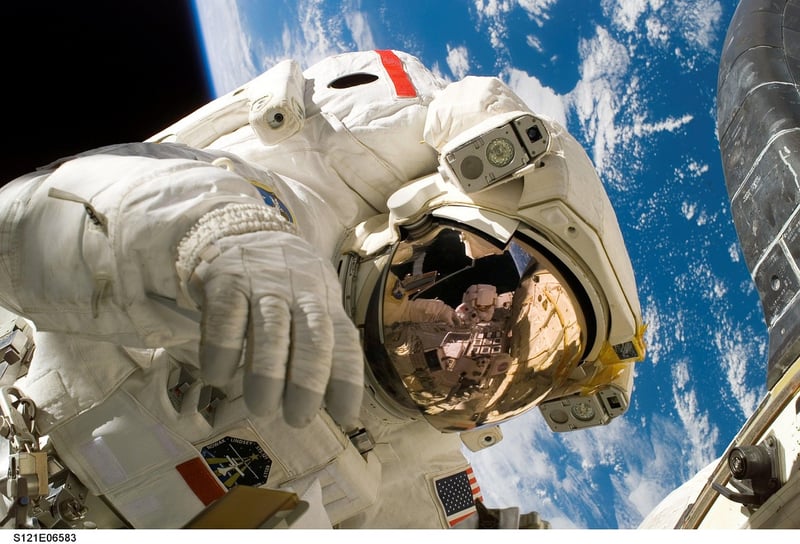Predestination Paradox
The Dilemmas of Time Travel and the Predestination Paradox
Time travel has long been a popular concept in science fiction, captivating audiences with its possibilities and complexities. However, along with the excitement of changing the past or exploring the future, time travel also brings about a series of dilemmas that challenge our understanding of cause and effect. One of the most intriguing paradoxes associated with time travel is the Predestination Paradox.
What is the Predestination Paradox?
The Predestination Paradox, also known as a causal loop, is a theoretical concept that occurs when a time traveler unknowingly influences past events in a way that ensures their own existence. In this scenario, events create a loop where the past influences the future and the future influences the past, leading to a self-perpetuating cycle with no clear origin.
Dilemmas of the Predestination Paradox
One of the main dilemmas of the Predestination Paradox is the question of free will. If events are predetermined in a causal loop, do individuals truly have the ability to make choices that could alter the course of history? This raises philosophical questions about determinism and the nature of time itself.
Examples in Popular Culture
The Predestination Paradox is a common theme in various works of fiction. Movies like "Looper" and "12 Monkeys" explore the consequences of time travel and the challenges of altering the past without changing the future. TV shows like "Dark" delve deep into the complexities of causal loops and their impact on characters' lives.
Conclusion
While the concept of time travel is fascinating and opens up a world of possibilities, the Predestination Paradox reminds us of the intricate nature of causality and the potential limitations of our understanding of time. It challenges us to think beyond linear progression and consider the implications of a universe where past, present, and future are inextricably linked.

Exploring the dilemmas of time travel, especially the Predestination Paradox, allows us to engage with complex ideas about fate, choice, and the nature of reality. As we continue to ponder the mysteries of time and its potential manipulation, the allure of time travel will persist, inspiring both creativity and contemplation.
